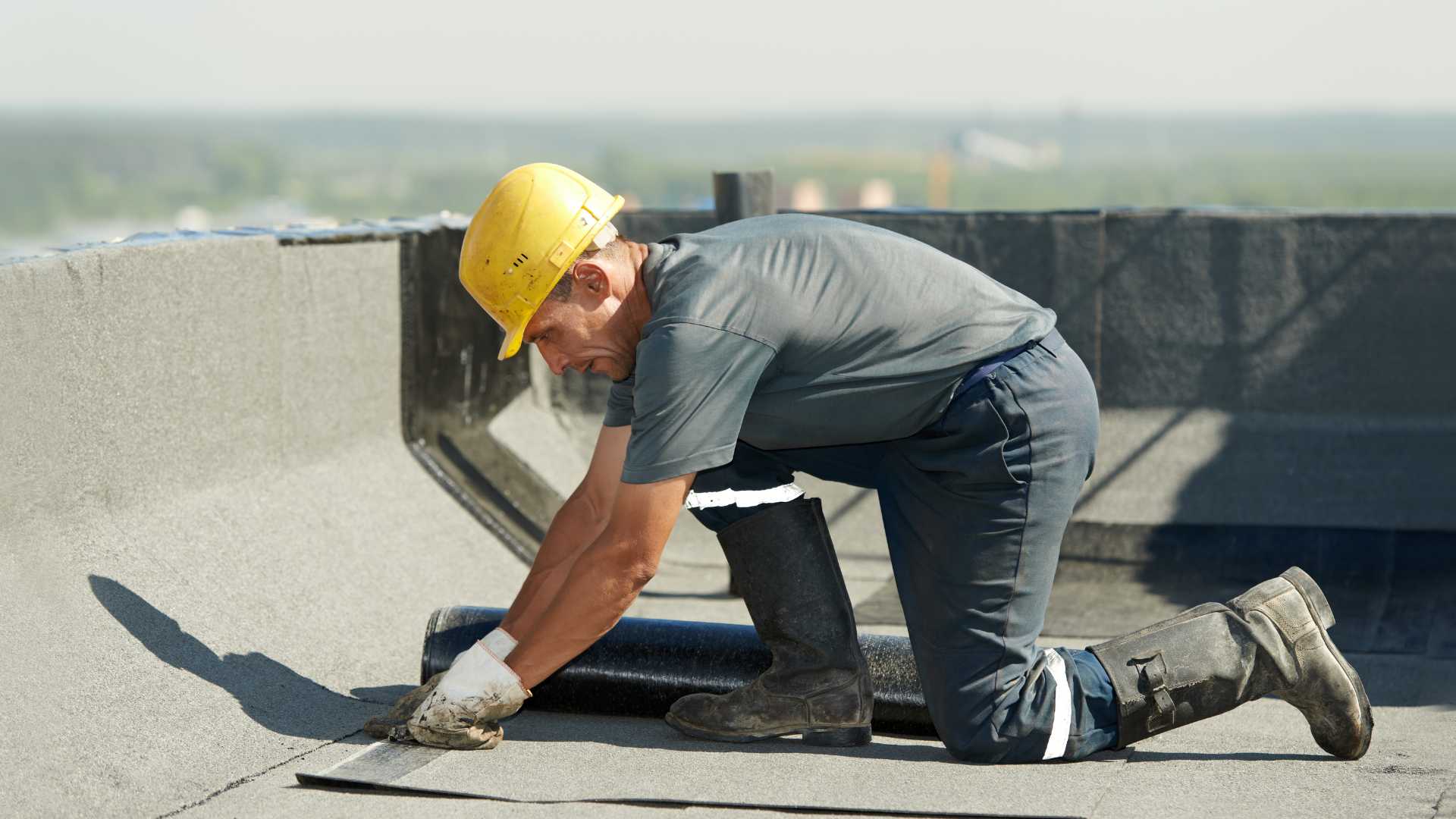A reliable roofing contractor is critical to ensure your roof is well-maintained and protected under warranty. Unfortunately, choosing the right one can be challenging with so many roofing contractors in the market. This blog post provides a comprehensive guide on choosing the right roofing contractor to ensure warranty coverage.
Understanding Roofing Warranties
Before selecting a roofing contractor, it is essential to understand roofing warranties. Most roofing warranties come in two types: manufacturer warranties and contractor warranties.
Contractor warranties, on the other hand, cover workmanship, which may vary from one contractor to another. A reputable contractor should provide a warranty that covers installation defects and other issues that may arise due to poor workmanship. The duration of the contractor’s warranty may also vary, but it typically lasts between 1 to 10 years.
Manufacturer warranties usually cover roofing materials defects, such as manufacturing or design flaws. These warranties can vary in duration, ranging from 10 to 50 years. Reviewing the manufacturer’s warranty documents carefully and understanding the terms and conditions, including any limitations or exclusions, is essential.
Understanding the importance of roofing warranties and their terms is crucial to protecting your investment. Therefore, before selecting a roofing contractor, it is vital to review the warranty documents carefully and ask questions if there is any unclear language or terms. By doing so, you can rest assured that your roof is well-maintained and protected, and any issues that may arise will be addressed promptly.
Factors to Consider When Choosing a Roofing Contractor
Choosing the right roofing contractor to ensure warranty coverage can be daunting. Here are some critical factors to consider:
Experience and Reputation
Experience and reputation should be your top consideration when selecting a roofing contractor. Choose a contractor with extensive experience in the roofing industry and a good reputation in your local area. A reputable roofing contractor will provide high-quality services and ensure that your roof is adequately installed.
Licensing and Insurance
Choose a roofing contractor that is licensed and insured. A licensed roofing contractor indicates their competence, and insurance protects you and the contractor in case of an accident during installation.
References and Reviews
Before selecting a roofing contractor, checking their references and reviews is essential. A reputable contractor will provide a list of references and have positive reviews on various platforms. You can contact the references to confirm their experience with the contractor and satisfaction with the services provided.
Quality of Materials
A roofing contractor should use high-quality roofing materials that are durable and can withstand harsh weather conditions. Ask the contractor about their materials and ensure they are from reputable manufacturers.
Pricing
Pricing is also an essential factor when selecting a roofing contractor. While choosing a contractor with the lowest bid is tempting, there are better options than this one. Choose a contractor who offers reasonable pricing while providing quality services.
Communication and Customer Service
Choose a contractor who is easy to communicate with and offers excellent customer service. A good roofing contractor should keep you informed throughout the installation process and be responsive to your inquiries.
F.A.Q.
What should I do if I notice a problem with my roof after installation?
It is essential to contact your roofing contractor immediately if you notice any issues with your roof after installation. A reputable contractor will promptly address any concerns and ensure that your roof is adequately repaired.
Can a roofing warranty cover damages caused by severe weather conditions?
Most roofing warranties cover defects in materials and workmanship. However, damages caused by severe weather conditions, such as hail or hurricanes, may not be covered. Reviewing the warranty documents to understand what is covered and what is not is crucial.
How often should I schedule a roof inspection?
Having your roof inspected at least twice a year is recommended, preferably in the spring and fall. Regular inspections can help identify potential issues early on and prevent costly repairs.
What should I do if I need to file a warranty claim?
If you need to file a warranty claim, following the specific procedures outlined in the warranty documents is essential. Contact the manufacturer or contractor and provide them with the necessary information to process your claim.
How long does a roofing warranty typically last?
Roofing warranties can vary in duration, but most last between 10 and 30 years. Reviewing the warranty documents carefully and understanding the terms and conditions, including the warranty duration, is crucial.
Choosing the right roofing contractor ensures warranty coverage and protects your investment. Consider the abovementioned factors, and take your time when selecting a contractor. With the right contractor, you can rest assured that your roof is well-maintained, protected and will last for years.









